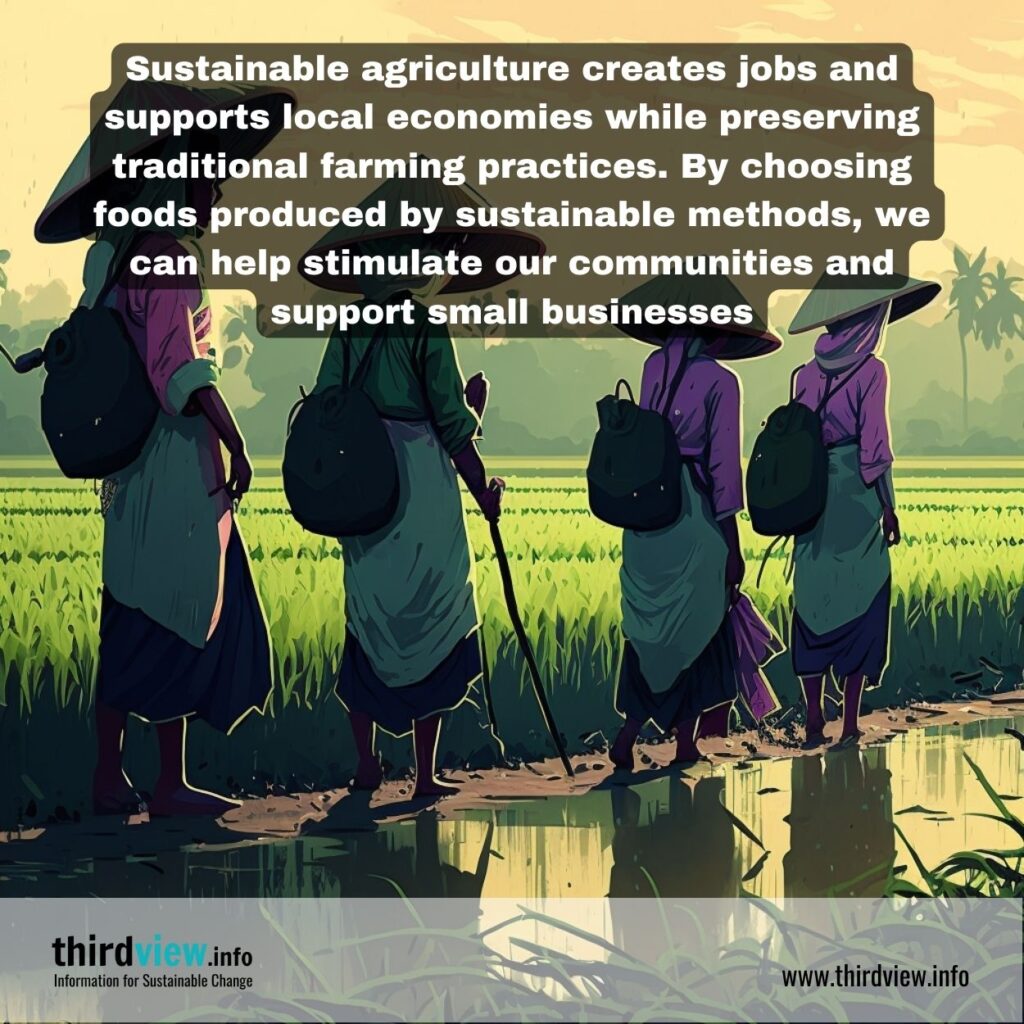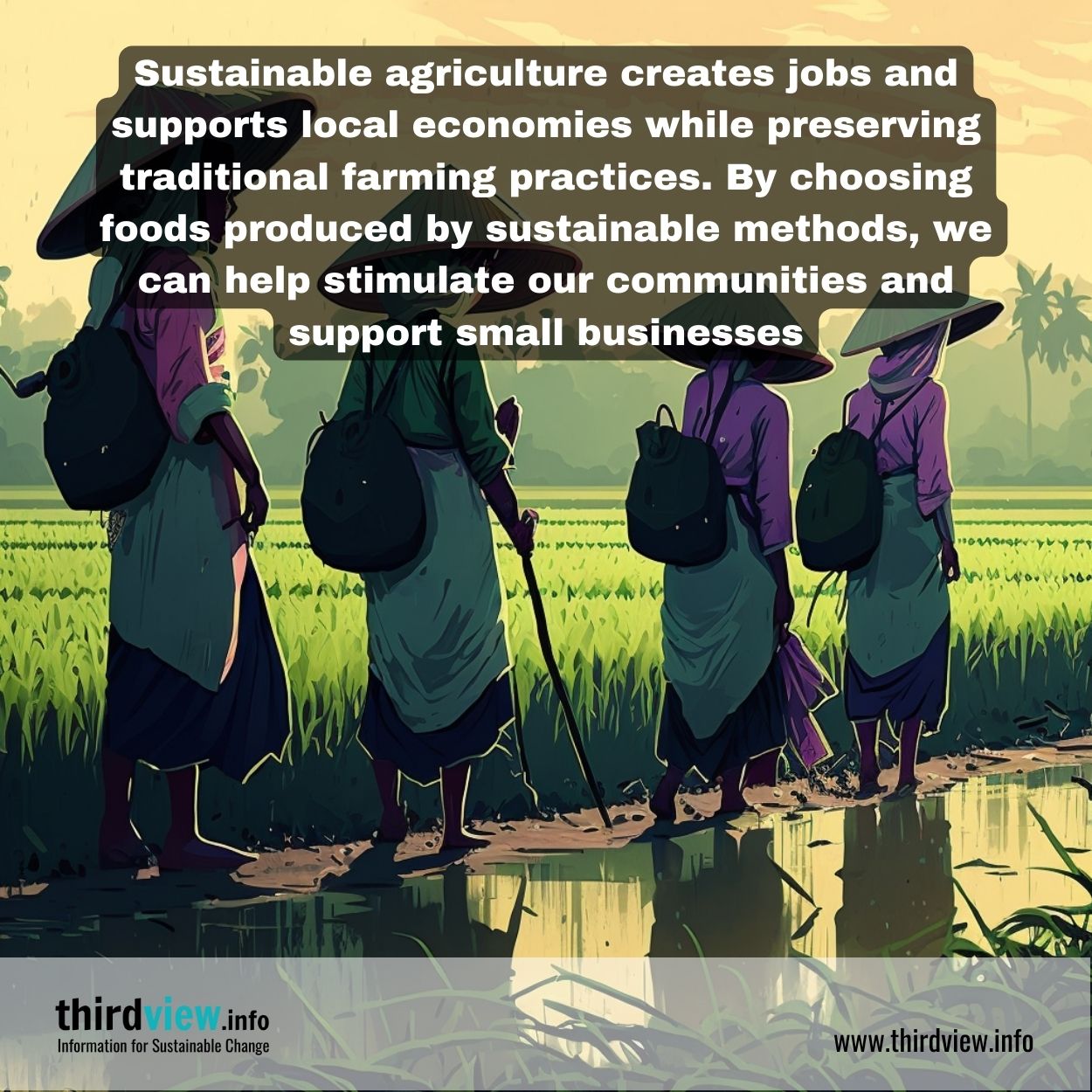Sustainable agriculture is a type of farming that works to protect natural resources through the use of organic methods. It is a way of producing food with minimal environmental impact while still providing healthy, nutritious food for people. Supporting sustainable agriculture and farming practices can have numerous positive impacts on our environment, health, and economy. Let’s take a look at some of the advantages of choosing sustainable agriculture.
Protecting Natural Resources
Sustainable agriculture is designed to minimize the impact it has on natural resources such as land, water, and air. This means that farms practice soil conservation techniques such as rotational grazing, cover cropping, and crop rotation in order to reduce soil erosion from wind or rain runoff. These methods also help keep vital nutrients in the soil so that crops are able to remain productive year after year without needing additional fertilizer or other unnatural inputs. In addition to this, sustainable agricultural practices help conserve water by using efficient irrigation systems that don’t waste precious resources.
Preserving Biodiversity
The use of pesticides and herbicides on crops has been linked to the decline or extinction of certain species of animals like bees and butterflies. By utilizing organic methods with integrated pest management strategies (IPM), these creatures can thrive again in their natural habitats without being exposed to toxic chemicals that may harm them. Additionally, many sustainable agricultural practices include planting several different types of crops in order to attract beneficial insects like ladybugs or lacewings which help control pest populations in an organic way. This helps maintain biodiversity within an ecosystem while still providing adequate crop yields for farmers and consumers alike.
Supporting Local Communities
Sustainable agriculture helps support local communities by creating jobs for people who work on farms or those who provide services such as maintenance or transportation for farm products. Additionally, the money spent on locally grown produce supports small businesses instead of large corporations which helps keep money within the community rather than sending it out-of-state or overseas where it doesn’t benefit anyone but shareholders. This helps stimulate local economies while preserving traditional farming practices at the same time.
It’s clear that there are many advantages when it comes to supporting sustainable agriculture and farming practices – from protecting natural resources like soil and water to preserving biodiversity while stimulating local economies. Not only does this help preserve our environment but it also provides us with healthier options when it comes to our food choices as well as providing livelihoods for those involved in sustainable agriculture production worldwide. By choosing foods produced by sustainable methods we can all do our part in helping protect our planet as well as ensuring a safe future for generations to come.


